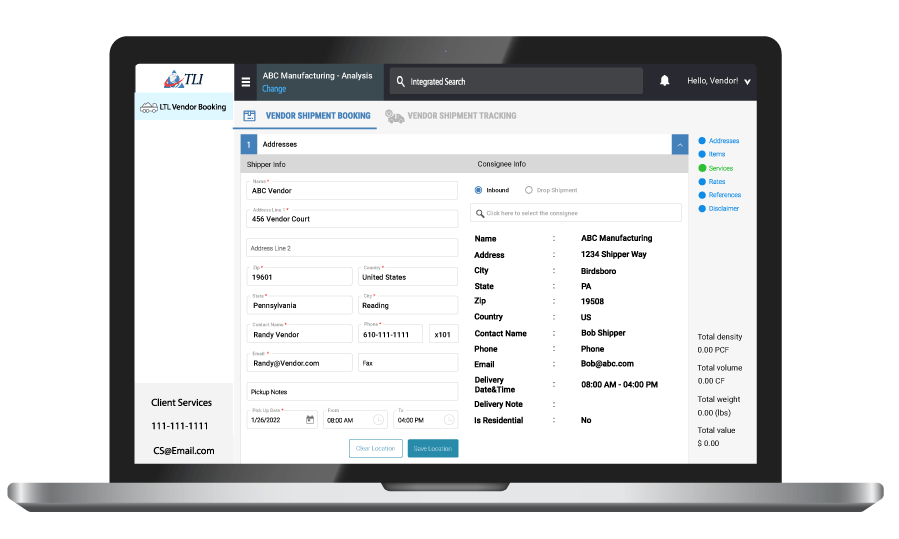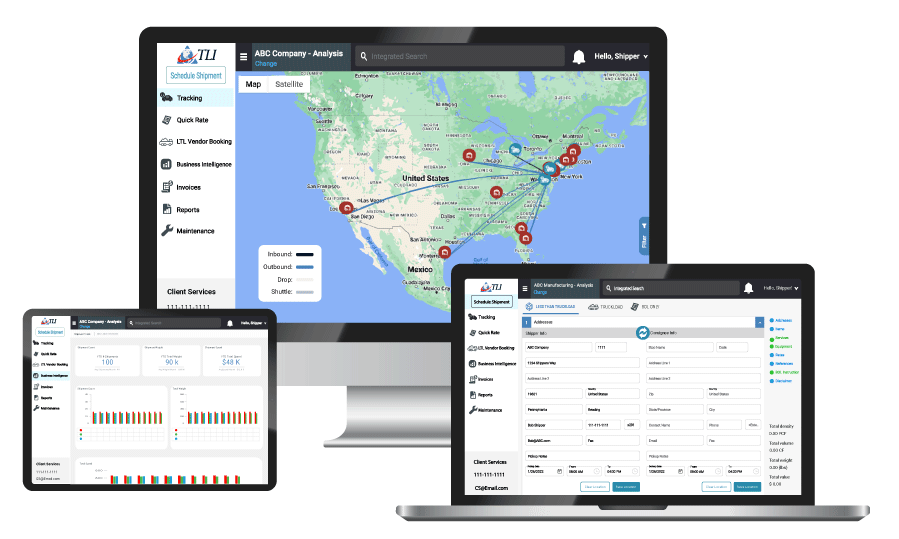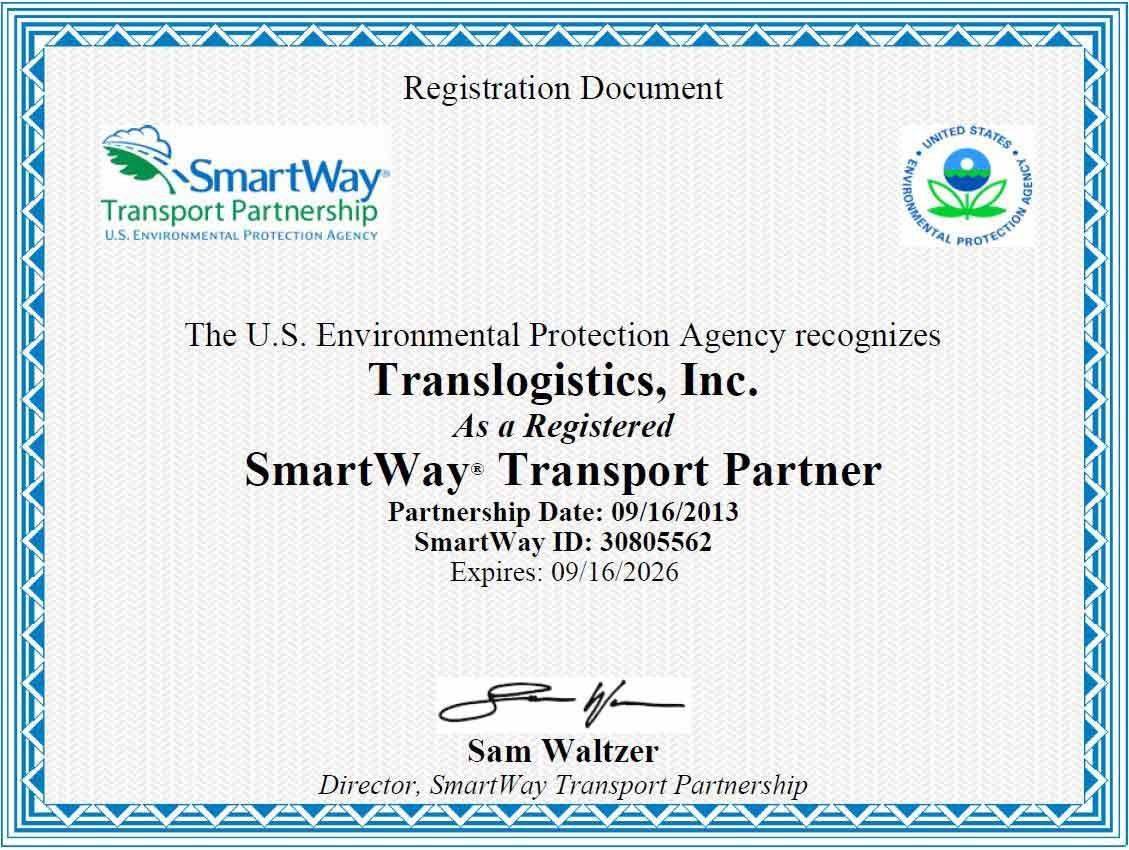eBOL Benefits to Shippers
Electronic Bills of Lading Impacts
Translogistics (TLI), a third-party logistics provider, has announced the adoption of electronic bills of lading (eBOLs) in collaboration with prominent less-than-truckload (LTL) carriers through its cloud-based Transportation Management System (TMS) software platform.
The company intends to extend this capability to additional LTL carriers, contingent upon continued interest and value perceived by shippers. The digitization of crucial shipping documents, such as the Bill of Lading, serves to enhance operational efficiency, reduce errors, and offer heightened real-time tracking visibility at the time of pickup auto-tendering, rather than pickup.

Unlike truckload freight, where there is typically one origin, one destination, and exclusive trailer usage by a single customer, LTL shipments can accommodate up to 25 customers' freight on a single trailer, each with distinct destinations and corresponding sets of bills of lading. This underscores the significance of a standardized eBOL that can be universally utilized.

The automated process facilitates the generation of tracking numbers through Application Programming Interface (API) integration within seconds of a shipment's pickup tender being released. Upon pickup arrival, the carrier's driver simply needs to scan the eBOL, eliminating the manual task of affixing stickers to paper bills of lading and pallets. In the traditional manual process, carriers had staff whom were required to manually enter all tracking numbers into the carrier's ERP system at the end of the day before tracking could commence.
| Benefits | Electronic Pro Numbers |
|---|---|
| Tracking Visibility | Electronic processes, including API tracking and EDI, provide tracking visibility into the movement and status of freight shipments. This enables shippers and other team members to make informed decisions based on up-to-date information. |
| Efficiency & Accuracy | Automation through electronic processes reduces manual data entry, minimizing errors and improving overall efficiency in the supply chain. |
| Timely Updates | With prompt tracking information starting at the pickup tendering, shippers can respond quickly to any disruptions, delays, or issues in the shipping process even prior to the shipment picking up. |
| Integration with Systems | API tracking and EDI can be integrated into existing ERP systems, streamlining communication and reducing the need for manual intervention. |
The standards governing the use of eBOLs were established by the National Motor Freight Traffic Association’s (NMFTA) Digital LTL Council. NMFTA, a trade group overseeing the classification system universally coding and identifying each LTL shipment, has played a pivotal role in setting industry standards.
Translogistics' collaboration with leading LTL carriers and adherence to NMFTA Council's standards exemplify a steadfast commitment to modernizing logistics. By incorporating eBOLs, and ePRO's at the time of shipment auto-tendering rather than at the time of pickup, TLI aims to optimize efficiency and provide real-time tracking visibility, aligning with evolving industry practices.
TLI Insights
Get the latest logistics insights and tips from TLI's award-winning team. Stay ahead in transportation planning.
Questions? Email us at marketing@shiptli.com



